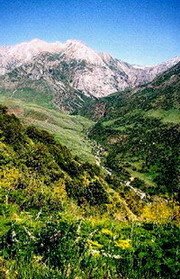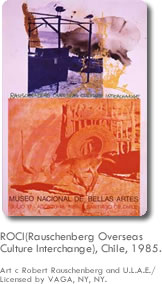The ICOM Home Page.The International Council of Museums (ICOM) is an international organisation of museums and museum professionals which is committed to the conservation, continuation and communication to society of the world's natural and cultural heritage, present and future, tangible and intangible.
Created in 1946, ICOM is a non-governmental organisation maintaining formal relations with UNESCO and having a consultative status with the United Nations' Economic and Social Council.
13 Specialist International Organisations are affiliated to ICOM. They are:
* AEOM - Association of European Open-Air Museums
* AIMA - International Association of Agricultural Museums
* AMOI - Association of Museums of the Indian Ocean
* CAM - Commonwealth Association of Museums
* IACM - International Association of Custom Museums
* IATM - International Association of Transport and Communications Museums
* ICAM - International Confederation of Architectural Museums
* ICMM - International Congress of Maritime Museums
* MAC - Museums Association of the Caribbean
* MINOM - International Movement for a New Museology
* PIMA - Pacific Islands Museums Association
* SADCAMM - Southern Africa Development Community Association of Museums and Monuments
* SIBMAS - International Association of Libraries and Museums of the Performing Arts

